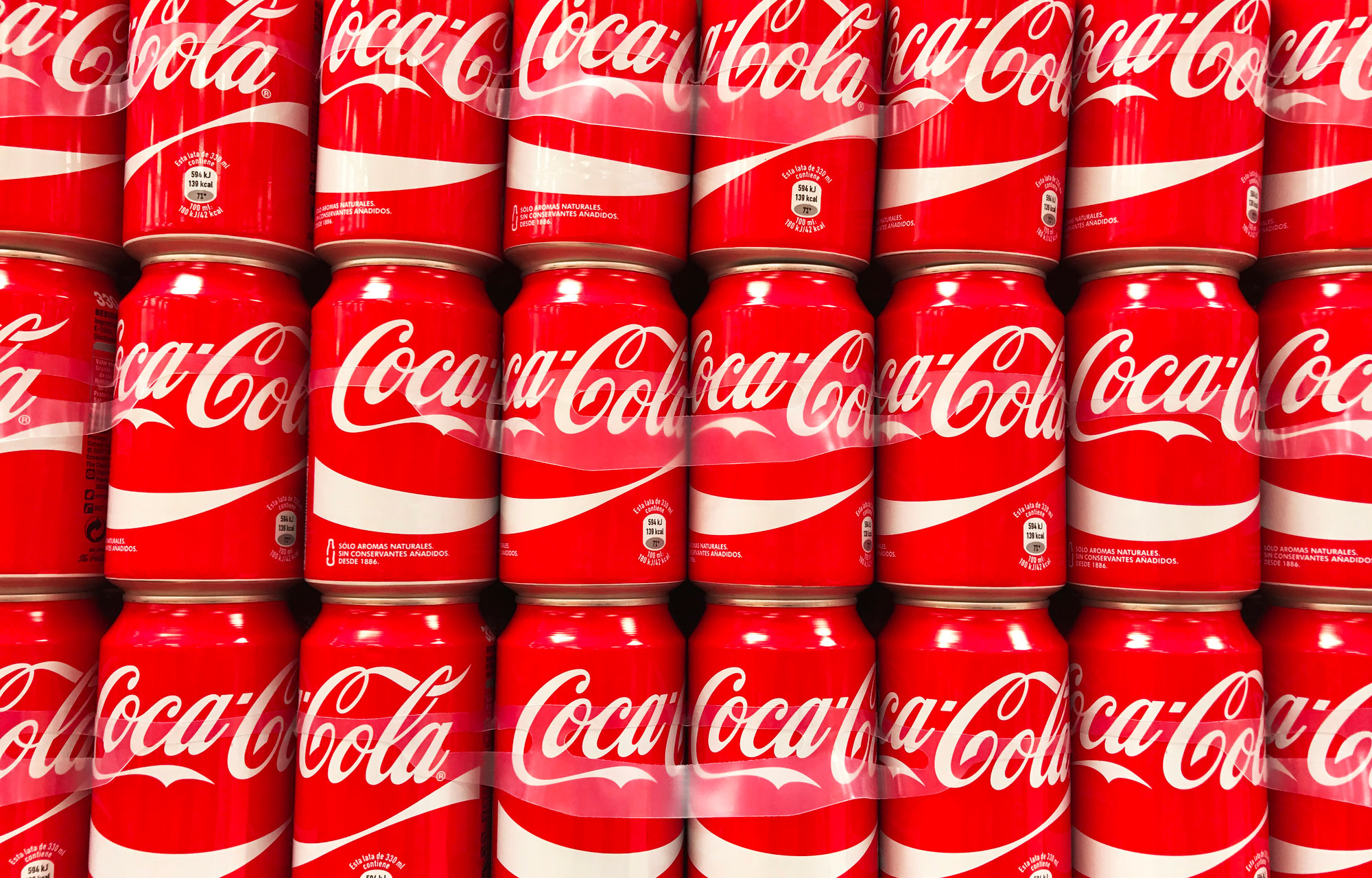Coca-Cola Explores Entering Cannabis Market With ‘Wellness Beverage
Introduction
In a groundbreaking move that signals the evolving landscape of the cannabis industry, beverage giant Coca-Cola has expressed interest in entering the market with a “wellness beverage” infused with cannabis-derived ingredients. This comprehensive guide explores Coca-Cola’s exploration of the cannabis market, the potential benefits and challenges, the regulatory landscape, consumer perspectives, and the broader implications of this industry development.
The Cannabis Market and Shifting Perceptions
The cannabis industry has experienced rapid growth and increasing acceptance in recent years. As perceptions around cannabis change, more companies are exploring opportunities to incorporate cannabis-derived ingredients into their products. Coca-Cola’s interest in the cannabis market reflects a significant shift in attitudes towards cannabis and highlights the potential for innovative product development.
Understanding Cannabis-Derived Ingredients
Cannabis contains a variety of compounds, including cannabinoids such as THC (tetrahydrocannabinol) and CBD (cannabidiol). THC is responsible for the psychoactive effects of cannabis, while CBD offers potential wellness benefits without causing intoxication. Coca-Cola’s interest likely lies in exploring the potential of CBD and other non-psychoactive cannabis-derived ingredients for their proposed wellness beverage.
The Potential Benefits of Cannabis-Infused Beverages
Cannabis-infused beverages present an alternative consumption method for individuals seeking the potential benefits of cannabis without smoking or vaping. CBD, in particular, has gained attention for its potential anti-inflammatory, analgesic, and anxiolytic properties. A cannabis-infused beverage could offer a convenient and discreet way for consumers to incorporate these potential benefits into their daily routines.
Regulatory Considerations and Legal Landscape
The legal status of cannabis and cannabis-derived products varies across jurisdictions. Coca-Cola’s exploration of the cannabis market requires careful consideration of local and national regulations. While some regions have legalized cannabis for medical or recreational use, others may have more stringent restrictions. Understanding the regulatory landscape is crucial for companies aiming to enter the cannabis market.
Consumer Perspectives and Market Potential
Consumer attitudes towards cannabis-infused products are evolving, and there is a growing demand for innovative and wellness-oriented offerings. Coca-Cola’s entry into the cannabis market could further legitimize and normalize the use of cannabis-derived ingredients in consumer products. Understanding consumer preferences, expectations, and potential concerns is essential for successfully launching a cannabis-infused beverage.
Challenges and Potential Obstacles
Entering the cannabis market presents unique challenges for established brands like Coca-Cola. Navigating complex regulatory frameworks, ensuring product consistency and quality, and addressing potential consumer skepticism are crucial aspects to consider. Additionally, competition within the cannabis beverage market is increasing, with new players entering the space regularly.
The Broader Implications for the Cannabis Industry
Coca-Cola’s exploration of the cannabis market has broader implications for the industry as a whole. The involvement of a major multinational company highlights the growing mainstream acceptance and commercial viability of cannabis-derived products. This development may encourage other companies to explore cannabis-infused offerings and contribute to the normalization and destigmatization of cannabis use.
Consumer Education and Responsible Use
As the cannabis market expands, consumer education and responsible use become even more important. It is crucial for companies like Coca-Cola to prioritize transparency, accurate labeling, and clear communication about the potential effects and risks associated with cannabis-infused products. Educating consumers about proper dosing, potential interactions, and responsible consumption practices will be essential.
Conclusion
Coca-Cola’s exploration of the cannabis market with a wellness beverage infused with cannabis-derived ingredients signals a significant shift in the perception and acceptance of cannabis. This development reflects the growing demand for innovative wellness products and highlights the potential benefits of cannabis-infused beverages. However, navigating the regulatory landscape, addressing consumer concerns, and ensuring responsible use are critical considerations for companies venturing into this emerging market. As the cannabis industry continues to evolve, the involvement of major brands like Coca-Cola may accelerate the normalization and acceptance of cannabis-derived products in mainstream consumer markets.


